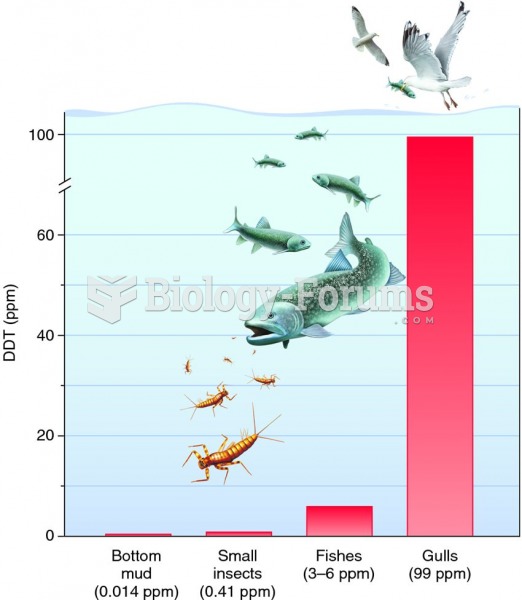This topic contains a solution. Click here to go to the answer
|
|
|
Did you know?
It is widely believed that giving a daily oral dose of aspirin to heart attack patients improves their chances of survival because the aspirin blocks the formation of new blood clots.
Did you know?
Thyroid conditions may make getting pregnant impossible.
Did you know?
Women are 50% to 75% more likely than men to experience an adverse drug reaction.
Did you know?
Illicit drug use costs the United States approximately $181 billion every year.
Did you know?
Patients who cannot swallow may receive nutrition via a parenteral route—usually, a catheter is inserted through the chest into a large vein going into the heart.







